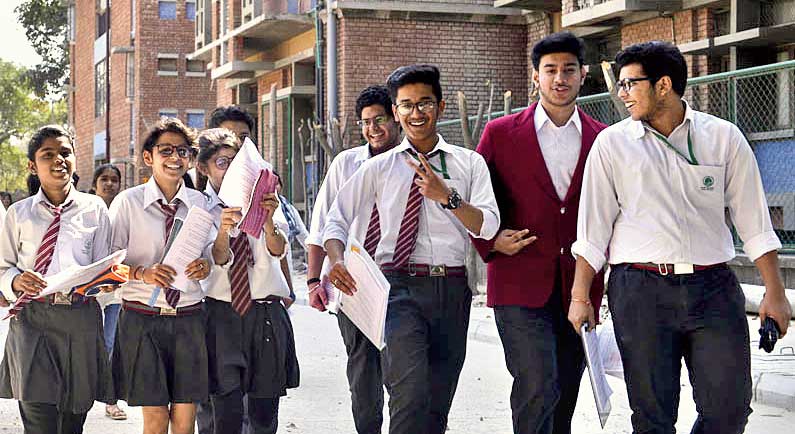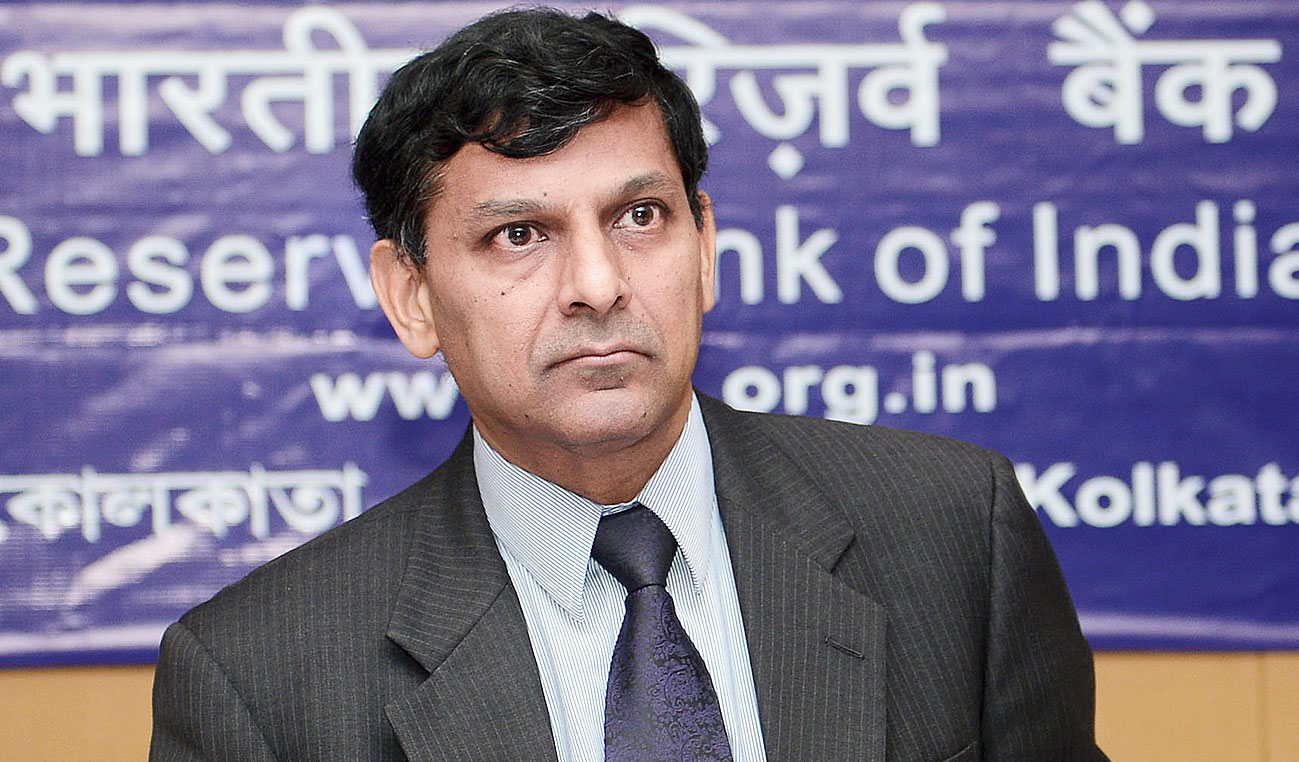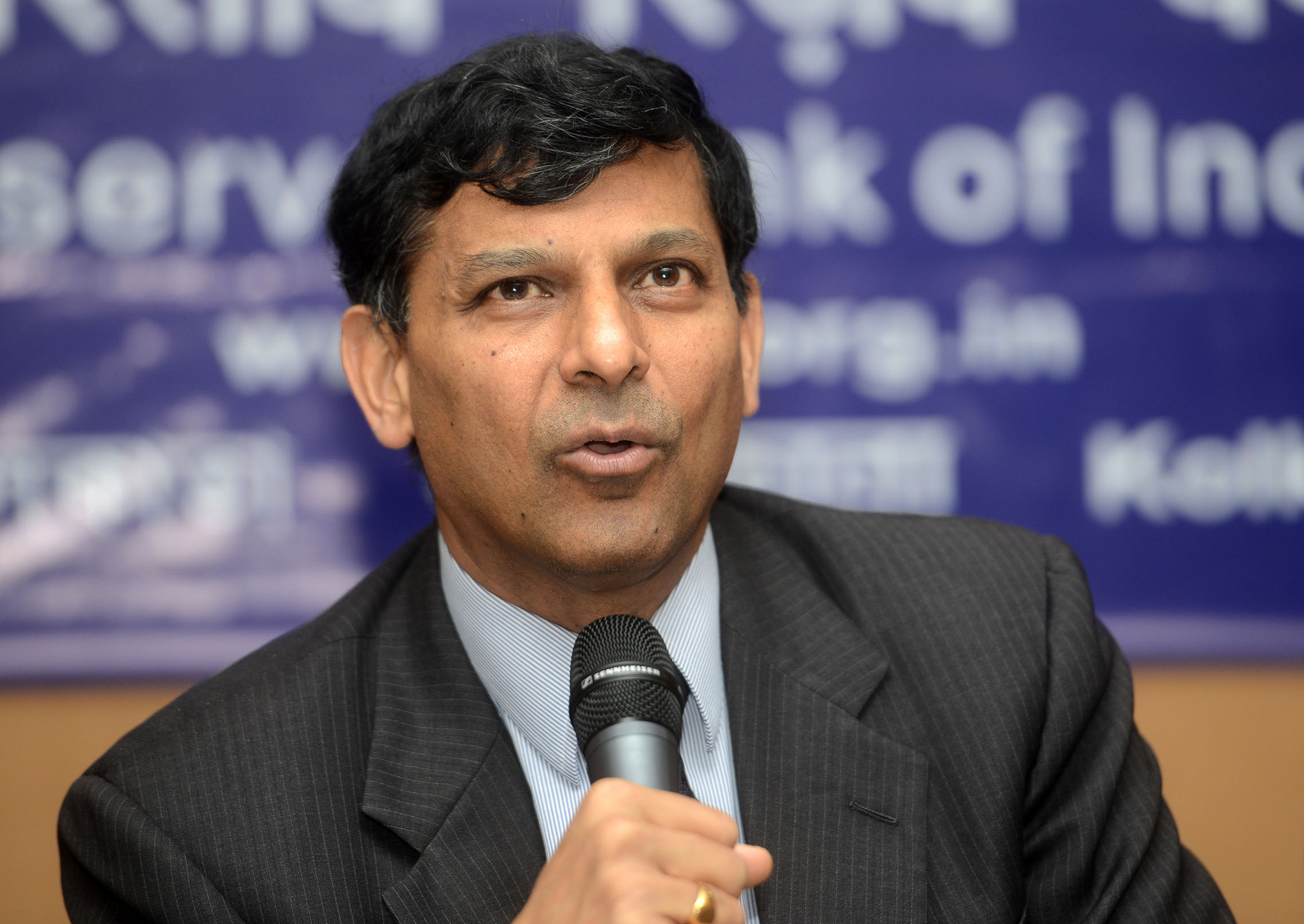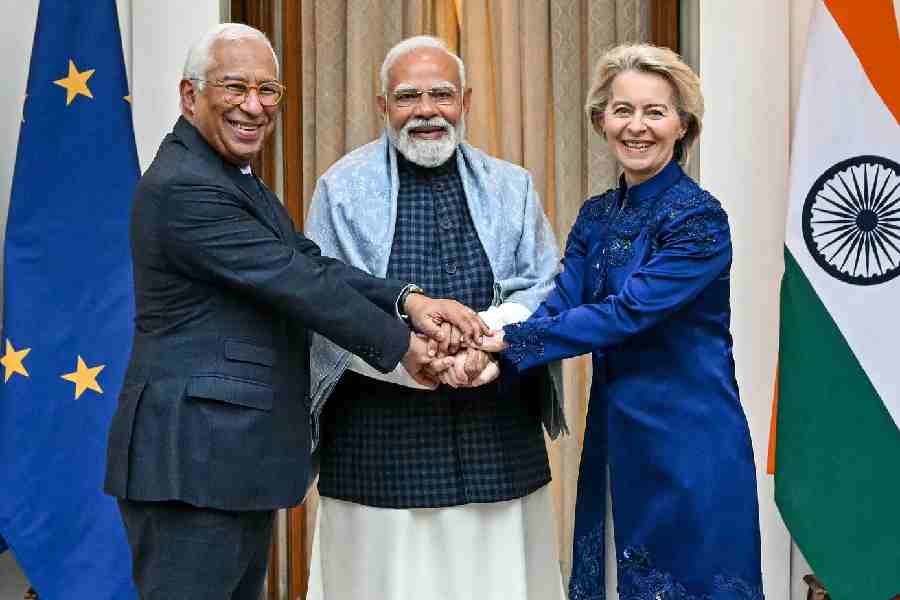The finance ministry unceremoniously sent Raghuram Rajan packing. Arvind Subramanian’s departure was not so graceless; but to the best of my knowledge, none amongst the many colleagues who saw him off was a senior bureaucrat (ministers are, of course, absolved from such courtesies).
And then came the case of Urjit Patel. For the first time in the history of the Reserve Bank of India, the finance ministry appointed political ambassadors to the board of the RBI. For the first time since 1935, the finance ministry gave diktats to the governor under Section 7 of the Reserve Bank of India Act. There were less rude ways of doing it — for instance, persuasion in conversations between the finance minister and the governor — but they were rejected. Nothing is known about why the governor had to be given orders. But if the RBI’s actions after his dismissal are any indication, a major issue was that the RBI must give the finance ministry whatever it wants out of the former’s profits and reserves. Another likely issue was that government banks should be allowed to lend to politically influential defaulters and other such inappropriate borrowers. Beyond this, it is best not to speculate.
Unceremonious expulsion hurts, whatever the job. The rational reaction would be to leave the unpleasant experience behind and go on with the rest of one’s life. That is, however, difficult for economists who join government. Most of them are economically better off in jobs outside the government than inside; they were all invited to join, usually by the minister; they are incurably patriotic and have a huge emotional investment in service to the nation. So when they are eased out, they suffer. The way they react varies. Arvind continued the work that was interrupted, and published a voluminous book within two months. Urjit has apparently retreated inside himself; no one seems to have managed to get a word out of him.
And Raghu? He got together a group of ‘disqualified’ Indian economists — some in India, some abroad — who have made a name for their outstanding research and teaching. They have written up an economic strategy for India. Let me spell out its basic message.
India has grown fast and done some important reforms in recent years — for instance, goods and services tax, bankruptcy code and lowering inflation. But it is a very poor country; it must grow fast to get out of its poverty. It cannot follow the East Asian path of export-led growth — it is too large for that — its growth must be led by domestic demand. Given its geographical size, growth must be spread across its regions. Given its large labour force, it must create jobs. It has a significant fiscal deficit, low rate of investment and an enormous payments deficit. All these factors call for pursuit of macroeconomic stability, which has three basic components — low inflation, low enough fiscal deficit to leave room for adequate investment, and a current account deficit that can be financed by stable capital inflows. The United States of America’s hostility towards China creates an opportunity for India to fill the export gap, but to do so, India must dismantle tariffs, banish protection and make itself internationally competitive like China and Germany.
Its major growth constraints are on supply side and created by the government: it must modify labour laws to allow a greater variety of labour contracts, change property laws, simplify property acquisition and give the owner a cleaner title, and generally create a better, more predictable, regulatory environment. Regulators must be made more competent and given more independence.
The government has limited capacity, but we cannot do without government. It must be decentralized, use more technology, and avoid unnecessary interventions, which add noise and uncertainty. Its policies do not amount to a sustainable, inclusive agenda: this is made evident by the agitations launched by diverse groups. Its policies regarding education, health and environment need to be improved.
Inflation has come down in the last five years. This is partly due to greater fiscal discipline at the Centre; but states continue with their profligacy. The path laid down by the finance commission of 5 per cent fiscal deficit and 60 per cent debt-GDP ratio is correct. State and Central accounts need to be redesigned to reflect the deficit accurately; after that, the Centre must persuade states to enter into a grand bargain to reach the macroeconomic targets for government as a whole.
The balance of payments must be derisked by attracting more direct investment, disincentivizing hot money, encouraging hedging of exchange and interest rates, and creating a viable system of gold bonds to economize on gold imports. Mineral oil imports are a major source of instability; oil prices should be systematically hedged.
We should invest more in agricultural research, irrigation, roads, transport and storage. Farmers should be given free access to domestic and international markets, and the difference between what they get and what consumers pay — which traders get — must be reduced. Complex subsidies should be replaced by fixed cash subsidy per acre. NREGA must be expanded.
Stalled infrastructure projects should be disentangled; their access to land must be improved through cleaner land entitlement; public private partnerships must be revitalized, and special economic zones must be created for them. Competition must be created in the markets for energy products — coal, gas, oil and power. Documentation at ports and airports should be simplified to facilitate exports.
Banks should be recapitalized, their bad loans should be revived by restructuring stalled projects, and markets for government and corporate debt and derivatives should be developed to reduce the risks that banks bear today.
The Central government should get involved in improving school education by extending Niti Aayog’s School Education Quality Index across the country. Governments should remove all input-based mandates on schools; they should focus on outcomes.
The law currently forces firms to make employees permanent after a year, so they fire them after eleven months and avoid wasting money on training them. It should be changed to encourage long-term fixed contracts, and training without an obligation to give a permanent job, including training in government. Reservation for women should be increased in government, especially in police. Legislating privileges for women employed in the private sector would only discourage their employment; instead, government should subsidize them.
Every district has a government hospital. A second one should be built in each district; when it is functional, the first one should be modernized. The government must train and certify health workers for private sector employment.
India has 400 social assistance schemes, poorly funded, badly administered and inefficient. Their number should be reduced, and those that deliver services at low cost should be expanded. The choice between cash and kind should be left to people’s preferences.
This summary does no justice to the strategy, which is bulging with proposals. It does not even touch the 15 more detailed papers written by individual members. That is a lot of work speedily done. Speed was unnecessary since this ‘national’ government has thrown out ‘secular’ economists, and will not touch them with a bargepole. They should do more careful and detailed work; they have all the time in the world for it.












